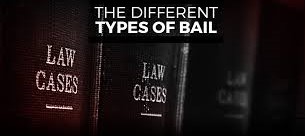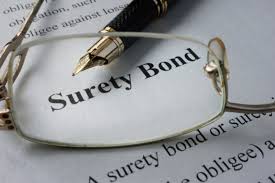In general, a bail bond is a legal contract between the court, the accused and the bondsman; typical exception is the Unsecured Bond where the bondsman is not a part of that contract. Basically, there are six types of bail bonds:
- Unsecured Bond. While no money is required upfront, you sign a contract agreeing to pay the court the bail bond amount if you do not appear in court.
- Cash Bond. As the name implies, if the bail is paid to the court in cash (depending on the jurisdiction, the court may also accept check, money order or credit card payment) a cash bond will be issued. Anyone can post cash bail on behalf of the person in jail. The issue is very few people have enough cash lying around for such an event. In those cases where the person does not have the available funds, we can help you.
- Property Bond. Sometimes called a secured bond, a property bond involves a pledge of real property (e.g., home or vacation home) by you or anyone willing to put up collateral on your behalf. If a property bond is posted, the court is given a lien on the property which means the court has the right to foreclose on the property if the defendant fails to show up for court. In most cases the value of the property (or the equity therein) must be at least double the amount of the bond.
- Surety Bond. With a surety bail bond, we post bail on your behalf. In exchange, we charge a non-refundable fee (usually 10 percent of the total bail) and get collateral from you or a co-signor (usually family or friends) to reduce the risk of loss should you abandon your court date. We are then liable to the court if you fail to return to court and may enlist the help of co-signors and bail enforcement agents if you skip bail.
- Federal Bond. A person charged with committing a federal crime may be required to post a federal bond to be bailed out of jail. Federal bonds are more expensive (usually a 15 percent fee) and require a surety bail bondsman. Unlike a professional bail bondsman, who guarantees bail from his or her own assets, a surety bail bondsman's guarantee is backed by an insurance company.
- Immigration Bond. An immigration bond is a federal bond that is needed to secure the pre-trial release of a person detained by the Immigration and Naturalization Service (INS). Like other federal bonds, professional bail bondsmen cannot write these types of bonds; a specially licensed bonding agent is required. An immigration bond can cost as much as 15 to 20 percent (of the total bail amount) depending on a variety of factors, including the level of risk and the type of collateral available.

